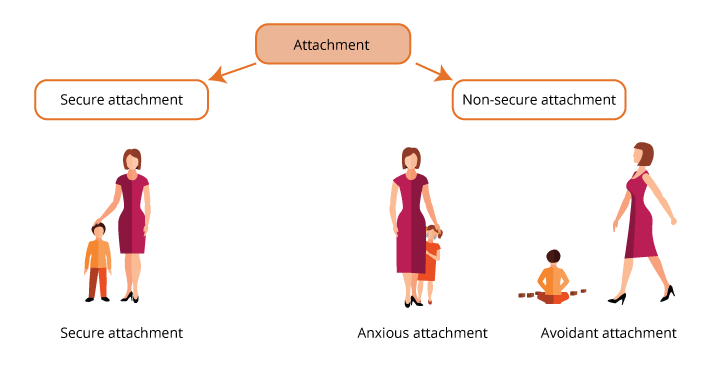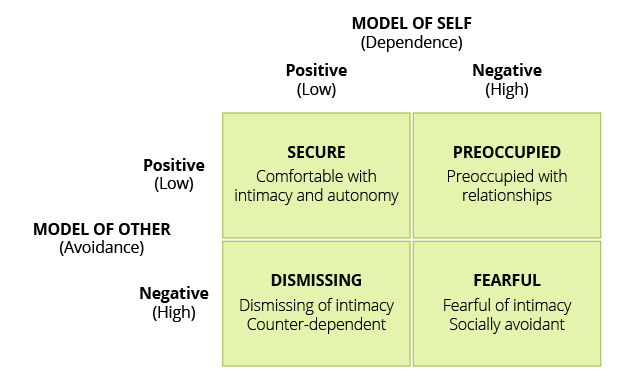Attachment (Psychology)
I have some personal private thoughts in Emotional Attachment.
Learned in PSYCH101.
Attachment is a term used to describe the emotional bond an infant has with her caretaker, usually her mother.
Attachment is hypothesized to be a mechanism that preserves mom’s continued presence and attention.
When infants come into this world, they do not have the physical or mental capacity to recognize their mother. They come to know mother and other caretakers (or another caretaker) by way of experience.
As such, newborns show little or no preference for one adult caretaker over another. They cry when they are hungry, or wet, or lonely, but they don’t cry when the primary caretaker is absent because they have yet to develop an attachment.
Newborn babies don’t have stranger anxiety. Wow.
Strange Situation Experiment
Mary Ainsworth, a student of Bowlby’s, was interested in describing different attachment styles in infants and developed a new experimental paradigm called The Strange Situation just for this purpose.
Three styles:
- Secure attachment (return of mother is happy and positive)
- explores happily when mom is present, but when mom leaves, the infant protests by crying and is inconsolable by the stranger. When mom returns, the infant calmed down quickly
- Anxious/Ambivalent attachment (salty when mother comes back)
- the infant explores anxiously when mom is present, protests when mom leaves, but is then difficult to console after she returns
- Avoidant attachment (doesn’t really react when mother leaves or comes back)
- the infant explores comfortably, just like a securely attached infant, but fails to protest when mom leaves and is reluctant to greet her when she returns.

Factors Affecting Attachment
A secure form of attachment is more likely to occur when mom is sensitive and attentive to her infant, presumably because it reassures her that mom will notice and be in a position to act when the infant is in danger.
- Super-anxious mothers who obsess over every little thing / less responsive mothers who ignore their children often create insecurely attached kids
Marital satisfaction is one such variable. Mothers who are satisfied with their romantic relationships (or are satisfied that they are not in a romantic relationship) are more often attentive with their infants.
Difficult babies: Although mothers love their infants, those with temperamentally difficult babies will struggle to remain attentive and might look for more opportunities away from their infants to rest and revive themselves. If frequent enough, these breaks can increase the likelihood of non-secure forms of attachment.
Socio-cultural Factors: Different child-rearing practices can also contribute to different attachment styles. This is the most fascinating.

Adult Attachment
